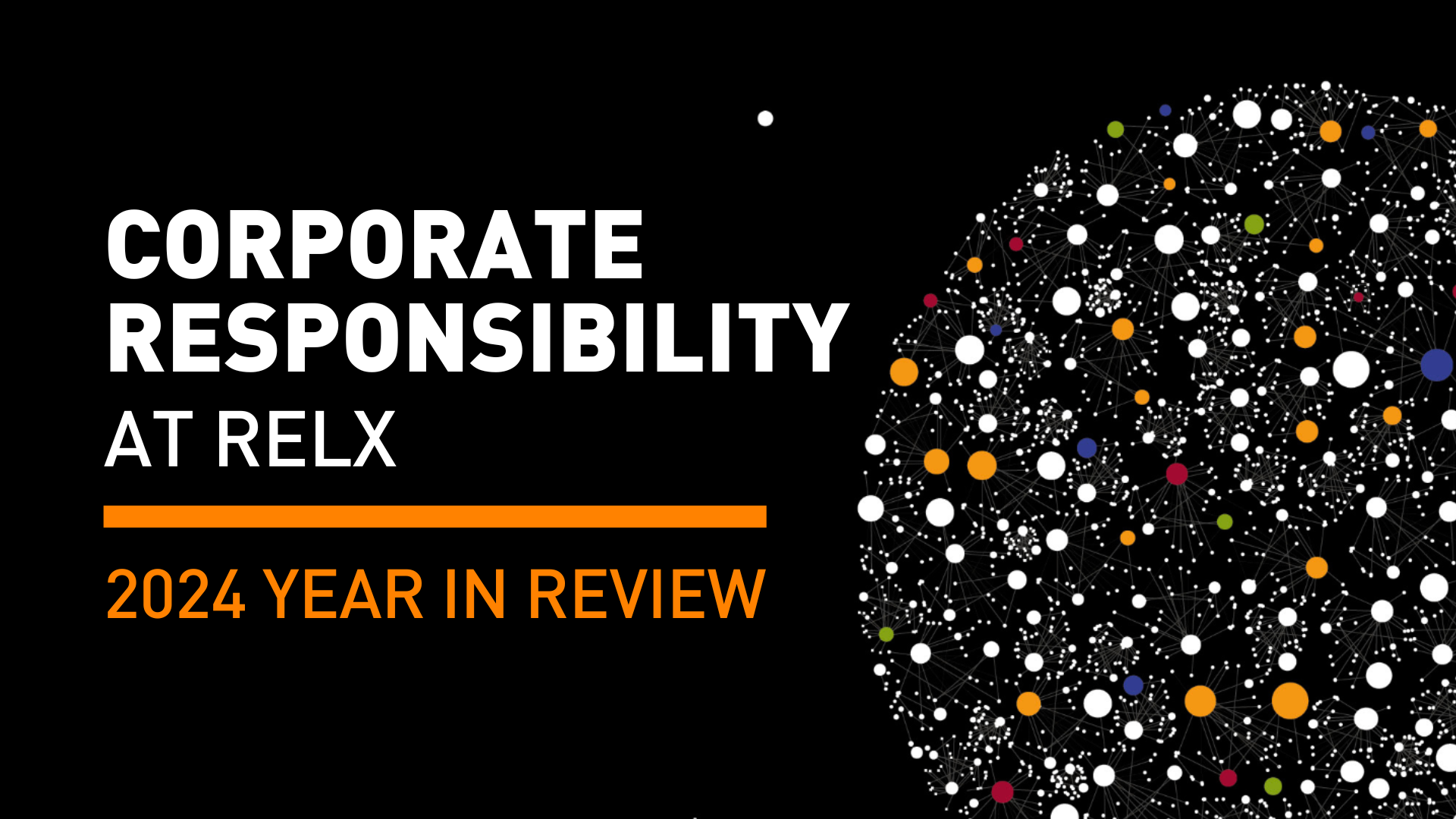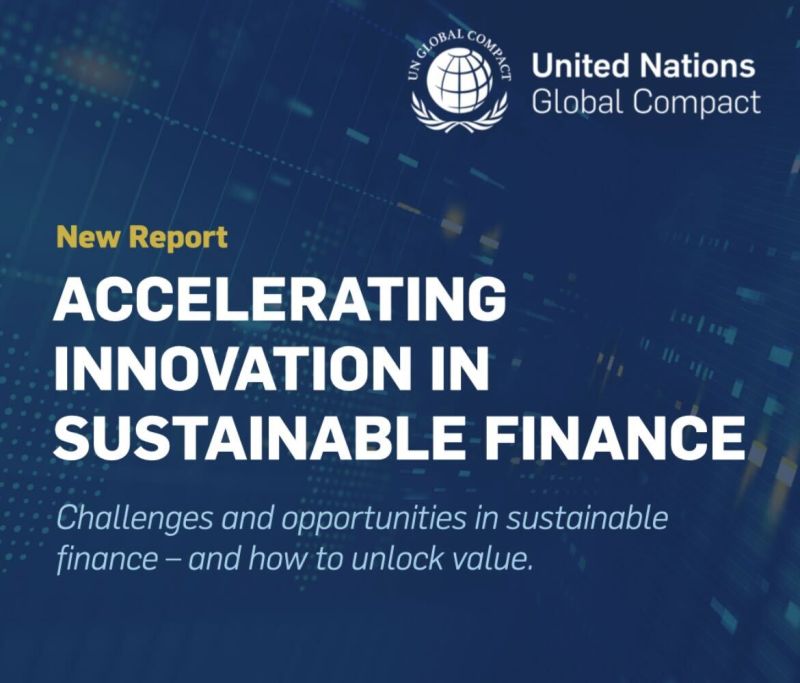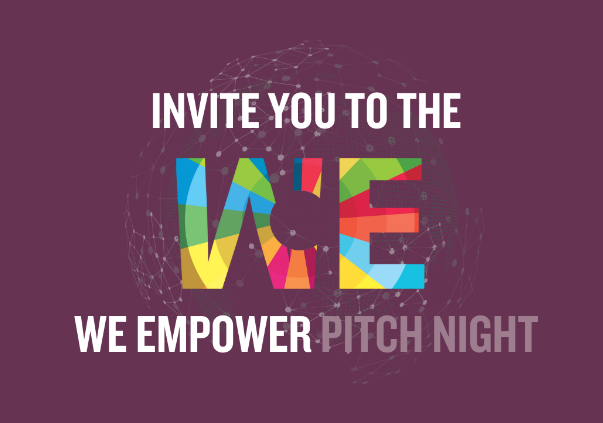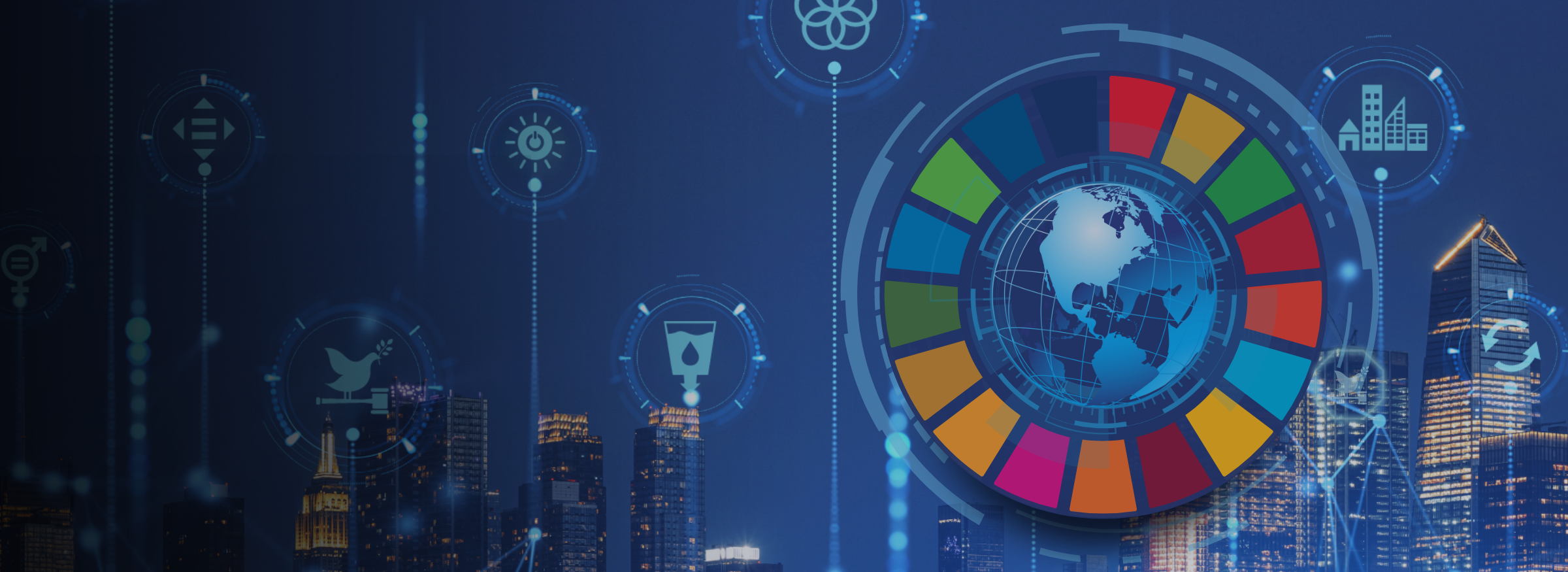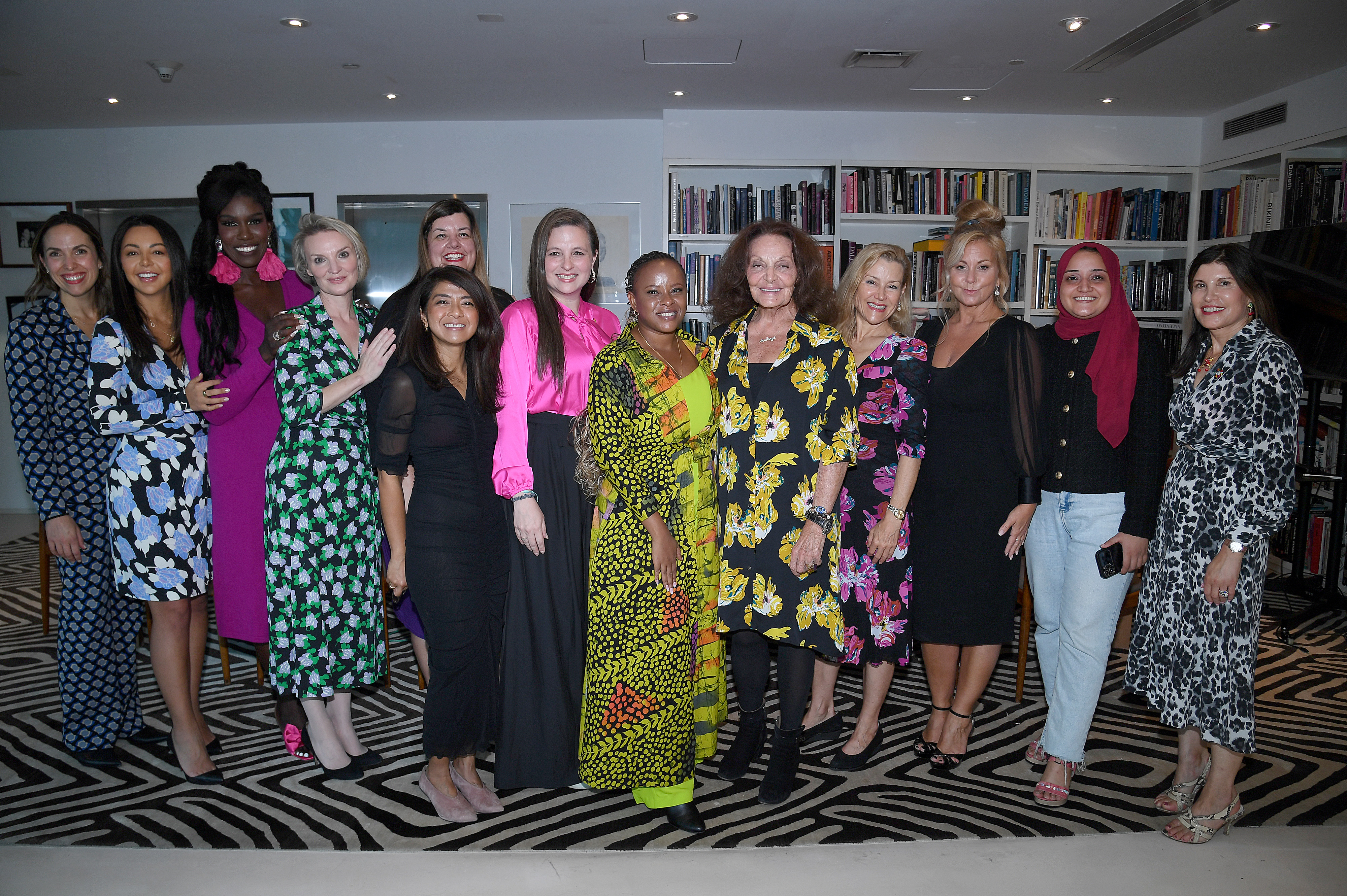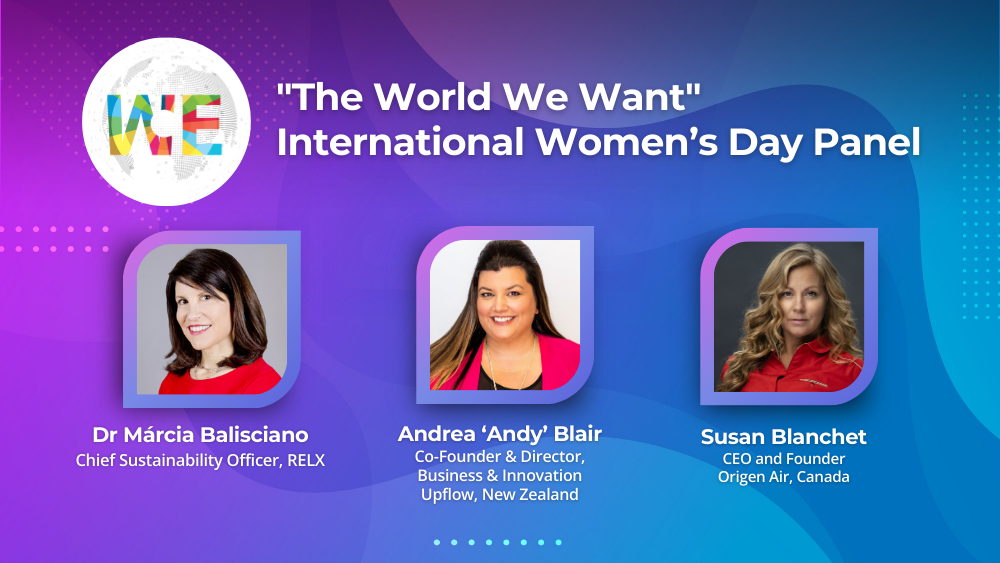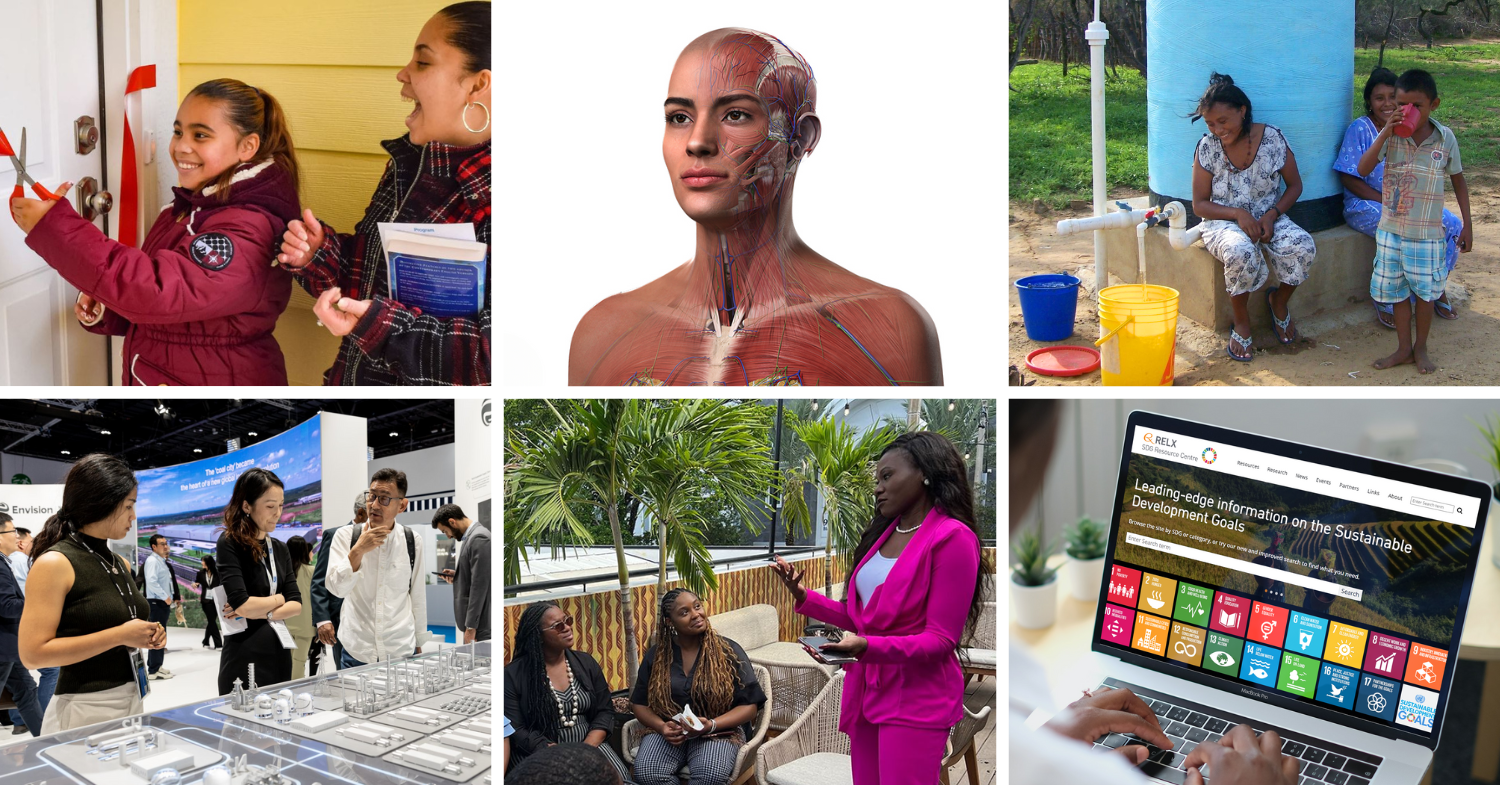In the age of rapid globalization and heightened awareness of our environmental and societal footprints, sustainable business practices have become paramount for enterprises worldwide. These practices are not mere token gestures, but rather foundational strategies that intertwine profitability with ethical, environmental, and societal stewardship. Delving into their core, these practices align significantly with the United Nations’ 17 Sustainable Development Goals (SDGs) set out in 2015. At its core, the SDGs present a universal call to end poverty, protect our planet, and ensure prosperity for all by 2030. Businesses, with their extensive reach and influence, are poised as pivotal actors in this global narrative. By embracing sustainable business practices, they become torchbearers in this transformative journey towards a more equitable and sustainable world.
Let's consider a few illustrative examples. SDG 6 emphasizes the availability and sustainable management of water and sanitation. For businesses, this translates to efficient water management in their operations, safeguarding freshwater resources, and potentially devising innovative solutions that enhance water accessibility in underserved regions. Similarly, SDG 12, which promotes responsible consumption and production, dovetails with sustainable business practices that minimize waste, optimize resource usage, and champion circular economies. In such a model, products are designed to be reused, remanufactured, or recycled, thus reducing the strain on natural resources and minimizing environmental degradation.
The realm of sustainable business also extends to social dimensions, intersecting with goals such as SDG 5 which advocates for gender equality. Progressive businesses are realizing the multifaceted benefits of inclusive workplaces. By actively promoting gender equality, companies not only foster a diverse and innovative workforce but also cater to a broader consumer base, reflecting diverse needs and perspectives. The narrative is similar for SDG 8, which calls for decent work and economic growth. Ethical labor practices, fair wages, and employee welfare are not just moral imperatives but also catalysts for business growth, as they foster loyalty, improve productivity, and enhance the brand's reputation.
Furthermore, sustainable businesses often find themselves aligned with SDG 13 on climate action. By pivoting towards renewable energy sources, optimizing energy efficiency, and supporting afforestation projects, businesses can significantly curtail their carbon footprints. Such initiatives not only contribute to global climate mitigation efforts but also insulate businesses from volatile fossil fuel prices, thereby promoting long-term economic resilience
To help companies strengthen competitiveness and resilience, the UN Global Compact Network UK, in collaboration with University College London, Newcastle University, and Euromonitor International, has developed the report “Trailblazers & Transformers: UK Business Sectors Redefining Sustainability,” examining how six high-impact sectors in the UK are performing against the Sustainable Development Goals (SDGs). Drawing on rigorous data and market insights, the report identifies sector-specific challenges, benchmarks performance, and presents actionable recommendations to support effectiv
Corporate Responsibility (CR) starts with the positive impact RELX has on society through our products and services. We set annual and longer-term objectives and report against them. Read more about RELX's focus areas and 2024 CR performance.
The UNGC's latest report on “Accelerating Innovation in Sustainable Finance” offers models for businesses on how to deliver financial returns and positive global impact – together.
On Wednesday 25th September 2024, the five 2024 WE Empower awardees will take part in the WE Empower SDG Challenge Pitch Night. Hosted by fashion designer, author and philanthropist, Diane Von Furstenberg, at her NYC studio, Pitch Night is a unique opportunity for five WE Empower awardees to share their innovative stories and solutions on a global stage and this year, RELX’s Chief Sustainability Officer and Global Head of ESG, Márcia Balisciano will be joining the esteemed panel of judges.
Recognising our customers' exceptional work to achieve the UN Sustainable Development Goals.
Partner content
United Nations Global Compact, November 2018

